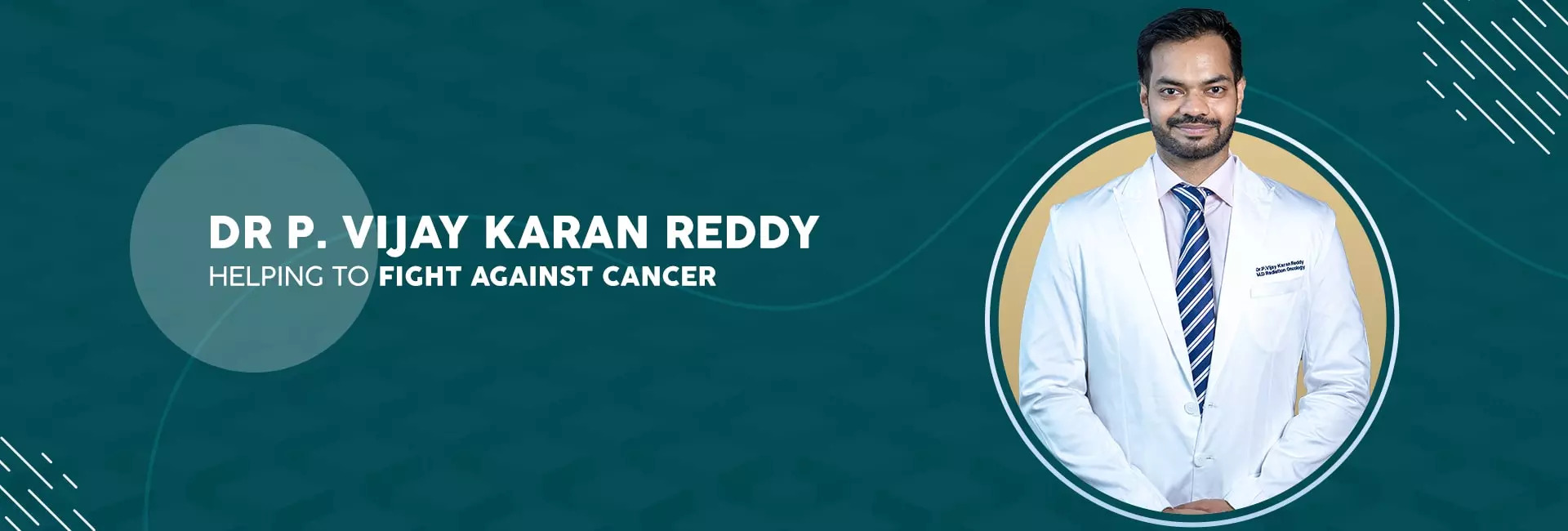Introduction to Head and Neck Cancer
Head and neck cancer is an overarching term encompassing a diverse group of cancers that originate in the tissues and organs of the head and neck region. This includes malignancies of the oral cavity, larynx (voice box), pharynx (throat), nasal cavity, and salivary glands. Our intent is to deliver a detailed, insightful examination of this disease, exploring its types, symptoms, diagnostic strategies, and advanced treatment options.
Types of Head and Neck Cancer
Oral Cavity and Oropharyngeal Cancer
Oral cancers can appear on the lips, tongue, floor of the mouth, and gums. The oropharynx, located behind the oral cavity, includes the tonsils and base of the tongue.
Laryngeal and Hypopharyngeal Cancer
The larynx is vital for breathing, speaking, and swallowing, while the hypopharynx serves as the passage for food and air. Cancer in these areas can significantly impact vital functions.
Nasopharyngeal Cancer
Located behind the nose and above the back of the throat, nasopharyngeal cancer can affect lymphoid tissue and lead to nasal obstruction or discharge.
Salivary Gland Cancer
Salivary gland cancer originates in the glands responsible for saliva production, potentially causing swelling and nerve problems in the face.
Signs and Symptoms
Persistent throat pain
Difficulty swallowing
Unexplained weight loss
Voice changes or hoarseness
Persistent nasal congestion or sinus pressure
Lump or sore that does not heal
Diagnostic Approach
Physical Examination
A thorough physical examination, including endoscopy, is essential for visualizing tumors within the head and neck region.
Imaging Tests
CT, MRI, and PET scans offer detailed imagery, aiding in determining tumor location and metastasis.
Biopsy
Biopsies, including fine-needle aspiration, help identify cancerous cells and define the cancer type.
Innovative Treatment Options
Surgery
Surgical techniques range from minimally invasive procedures to complex surgeries, depending on the tumor's size and location.
Radiation Therapy
Advanced radiation therapies target cancer cells while sparing surrounding healthy tissues.
Chemotherapy
Chemotherapy uses potent drugs to eradicate cancer cells, often in combination with other treatments.
Targeted Therapy
Targeted therapy involves drugs designed to specifically attack cancer cell growth mechanisms.
Immunotherapy
Immunotherapy boosts the immune system's ability to combat cancer cells, marking a significant advance in cancer treatment.
Coping and Support
Comprehensive care includes nutritional support, speech therapy, and counseling to address the physical and emotional challenges faced by patients.
Further Research and Development
Emerging treatments, spearheaded by experts such as Dr. Vijay Karan Reddy, an esteemed oncologist at Apollo Hyderabad, continue to revolutionize the management of head and neck cancers, offering hope for improved outcomes.
By delving into each aspect of head and neck cancer treatment in Hyderabad, we, with insights from leading oncology specialists like Dr. Vijay Karan Reddy, have crafted an extensive guide designed to educate, empower, and support those affected by this complex disease. Through ongoing research and advancements in medical technology, we aim to contribute to the global fight against cancer and champion the journey towards recovery and improved quality of life for patients worldwide.


